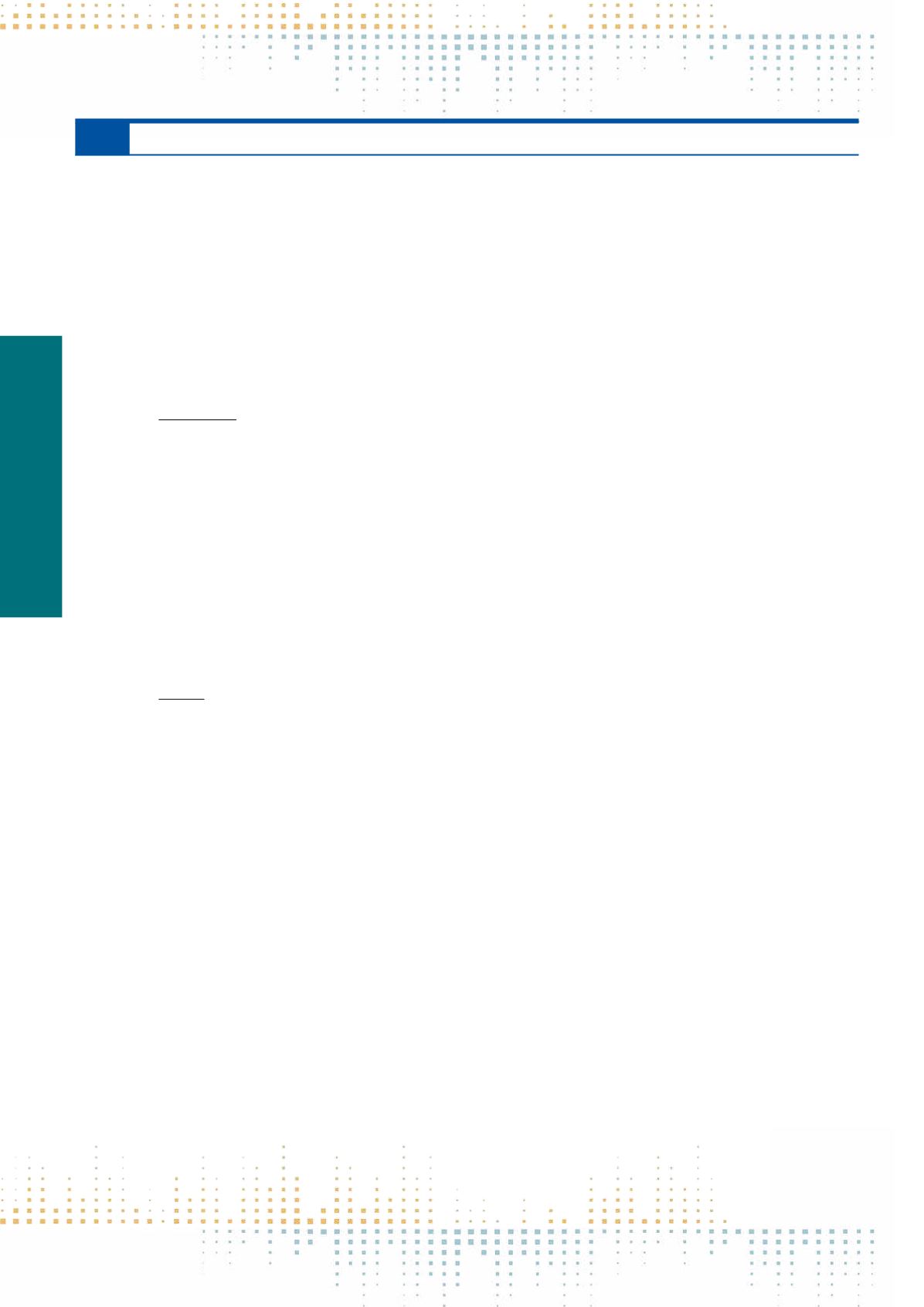

260
Thursday, November 10
1 6 : 3 0 – 1 8 : 0 0
DGR04
Beyond theMilitary Entertainment Complex. Towards a Next Step in DigitalWar-Gaming Research
K. Ribbens
1
, J. Jansz
2
1
NIOD Institute for War, Holocaust and Genocide Studies, Amsterdam
2
Erasmus University Rotterdam, Media & Communication Department, Rotterdam
Over the past few years, digital games about war and large-scale armed conflict have received a significant amount of attention. It mostly focused on enter‑
tainment games as part of a ‘military entertainment complex', due to close connections between game developers and military advisors. However, a case
like This War of Mine has recently drawn attention to another way of representing war in games. Arguably, immersing oneself in a war game amounts to
a specific engagement with the past. Up to now, research about the cultural memory of war through playing is scarce. The critical assessment of the current
representation of war and armed conflict in digital (entertainment) games provides the background for this panel that aims at answering questions in
relation to game content, player activities, and the cultural memory of war through gaming.The contributors will present a set of innovative qualitative and
quantitative approaches to games about modern armed conflicts, as well as new perspectives on player research.
PN 139
“Experience World War II like Never Before!” A Quantitative Content Analysis of World War II-Themed Digital Games and Their
Promotional Materials
P. Van den Heede
1
, K. Ribbens
2
, J. Jansz
3
1
Erasmus University Rotterdam, History Department, Rotterdam, Netherlands
2
NIOD Institute for War- Holocaust and Genocide Studies, Amsterdam, Netherlands
3
Erasmus University Rotterdam, Media & Communication, Rotterdam, Netherlands
Especially since the 1990s,WorldWar II has been one of the most popular historical conflicts to be represented and simulated in digital games (Mobygames,
2016). Yet, in the current body of research about these games, mainly aspects of individual games or game types, such as the World War II-themed first
person shooter (FPS), have been addressed. In addition, only fragmentary attention has been paid to ways in which accompanying promotional materials
address, and try to respond to, the target audiences of these war-games. The materials could provide great insight into what both developers and player
communities value the most about these games. The paper therefore offers a systematic and empirical quantitative content analysis of both 30 of the most
popular World War II-themed games for the personal computer building on existing frameworks and their promotional paratexts such as press releases
and official game-websites (e.g. Fernandez-Vara, 2015), in order to highlight their dominant themes. References Fernandez-Vara (C.). Introduction to
Game Analysis. NewYork/London, Routledge, 2015. Mobygames, Historical conflict: WorldWar II, in: <
http://www.mobygames.com/game-group/histor‑
ical-conflict-world-war-ii- >, consulted on 23.0.2016.
PN 140
Taming the Nazi Evil Through Play. (De)Historicising National Socialism Through Video Games
S. Piontek
1
1
AdamMickiewicz University Poznań, Department of German Literature and Language, Poznań, Poland
The lasting prominence of WorldWar II within the contemporary global memoryscape can in many ways be attributed to the crimes committed by the Na‑
zi-regime, and the organizational ‘Nazi matrix of war’ (Kühne, 1999) underlying them. As a result of this, the process of historicising the war has in many
ways come down to historicising National Socialism and its troublesome legacy itself. This is especially the case in Germany, where one of the main ques‑
tions in the public debate since the 1980s has been whether, and to what extent, the crimes of the regime should be historicised at all (e.g. Nolte, 1986;
Habermas, 1987; Walser, 1998). In that respect, some scholarly attention has been paid to the strategy used in postmodern German literature to transform
the Nazi dread into playful signs, which has often been reflected upon and criticised as being inadequate to enable a true reconciliation with the Nazi
past. It brings up the question to what extent this is also the case for narratives about National Socialism as portrayed in (American) video games, which
are fundamentally centred around playability, but at the same time enable a more direct form of emotional engagement. This paper therefore tries to
look at how the horror of the Nazi-regime (‘Zivilisationsbruch’; see Diner, 1988) is being constructed in the American games Call of Duty and Wolfenstein,
and to what extent these portrayals relate to the depictions offered in postmodern German literature. References: Appel (D.), Huberts (C.), Raupach (T.) &
Standke (S), eds. Welt/Kriegs/Shooter. Computerspiele als realistische Erinnerungsmedien? Boizenburg, 2012. Bender (S.). Virtuelles Erinnern. Kriege des
20. Jahrhunderts in Computerspielen. Bielefeld, 2012. Diner (D.) (Ed.). Zivilisationsbruch: Denken nach Auschwitz. Frankfurt am Main, 1988. Habermas
(J.). “Eine Art Schadensabwicklung“, in: Die Zeit, 11.06.1986 <
http://www.zeit.de/1986/29/eine-art-schadensabwicklung>, consulted on 28.02.2016.
Kühne (T.). “Gruppenkohäsion und Kameradschaftsmythos in der Wehrmacht“, in: Müller (R.-D.) &. Volkmann (H.-E.) eds. Die Wehrmacht. Mythos und
Realität. München, Oldenbourg, 1999, pp. 534–549. Nolte (E.).“Die Vergangenheit, die nicht vergehen will. Eine Rede, die geschrieben, aber nicht gehalten
werden konnte”, 1986, in: <
http://www.1000dokumente.de/index.html/index.html?c=dokument_de&dokument=0080_nol&object=context&l=de>, consulted on 28.02.2016. Ramsay (D.). “Brutal Games: Call of Duty and the Cultural Narrative of World War II”, in: Cinema Journal 54 (2015), 2, pp.
94–113. Walser (M.). “Erfahrungen beim Verfassen einer Sonntagsrede. Friedenspreis des Deutschen Buchhandels”, 1998, in: <
http://www.frieden‑
spreis-des-deutschen-buchhandels.de/sixcms/media.php/1290/1998_walser.pdf >, consulted on 28.02.2016.



















